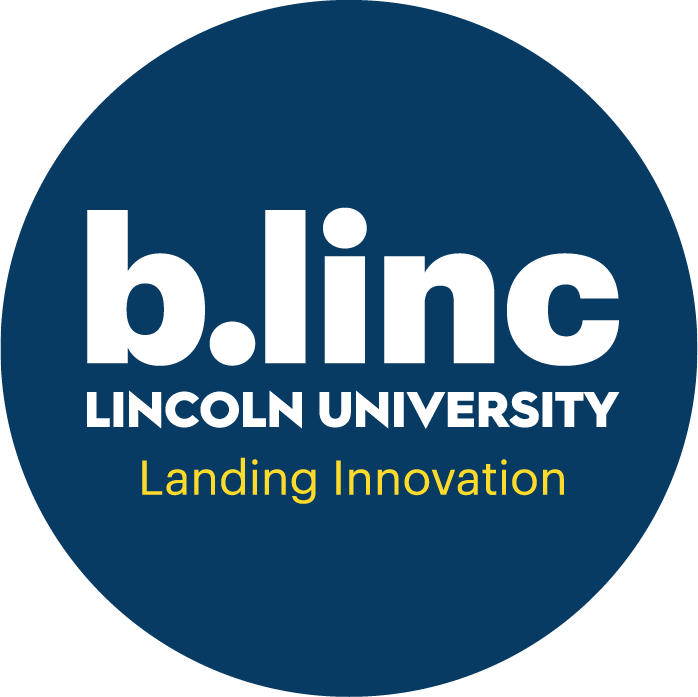As the world rapidly phases out fossil fuels, transformational agriculture practices are set to play a major role by embracing renewable energy sources such as solar, wind, and bioenergy. This shift includes the use of electric and alternative fuel-powered machinery, improving soil health, and boosting carbon sequestration through regenerative practices. By cutting emissions from fertilizers and pesticides and optimizing water management, fossil fuel-free farming seeks to reduce agriculture’s carbon footprint, contribute to climate change mitigation, and create more resilient, sustainable food systems.
The Lincoln University Energy Farm is a world-class, multi-use site that not only demonstrates how renewable energy can be seamlessly integrated with agricultural land use but also acts as a catalyst for making other parts of the economy, including the Lincoln University campus, fossil-free. By enabling the campus and other sectors to transition away from fossil fuels, the energy farm stands as a beacon of hope for rapidly decarbonizing the world and limiting global warming.
The farm’s strategic goals include advancing knowledge and skills in sustainable energy-agriculture practices through research and education, supporting the University's sustainability objectives—such as achieving a carbon-neutral campus by 2030—and improving on-farm biodiversity and water quality. Additionally, the farm fosters reciprocal learning opportunities for tangata whenua, industry partners, and the wider community. Operationally, it focuses on six key areas: renewable electricity production, high-value horticulture, improved water quality, increased biodiversity and ecosystem services, serving as an experimental research platform, and promoting community engagement.
Tuesday 17th September
4.00pm - 5.30pm
B.linc Workshop, Lincoln University
We hope to see you there!
Timings
4.00pm - Networking and Drinks
4.15pm - Presentation from Keynote
4:45pm - Q&A Session
5.00pm - Networking
5.30pm - Event finishes
About Our Speakers
Dr. Shannon Page
Academic Lead, Lincoln University Energy Farm
My research focus is transport and energy. I investigate how transport and energy systems can be changed to achieve society’s goals of reducing greenhouse gas emissions and meet broader environmental objectives. Much of my research explores the feasible limits of new and emerging technology, either renewable energy resources, or demand side actions (such as urban form and infrastructure change) that reduce the need for fossil fuel consumption. My research methods involve mathematical modelling and analysis using historic datasets of energy use, urban form and technology use. My approach is somewhat novel in that I examine a recent period of time, and ask (and mathematically model) “what if” scenarios in the case of alternative technology uptake (such as electric transport or increased renewable generation/utilization). This removes unknown future variables, resulting in more robust findings that are easier to understand than traditional forecasting. To grapple with such complex issues as climate change, my research is necessarily interdisciplinary, and has extended beyond just examining technology to look at the wider context of how society lives, giving rise to our consumption and environmental impacts.
Click here to see more events

